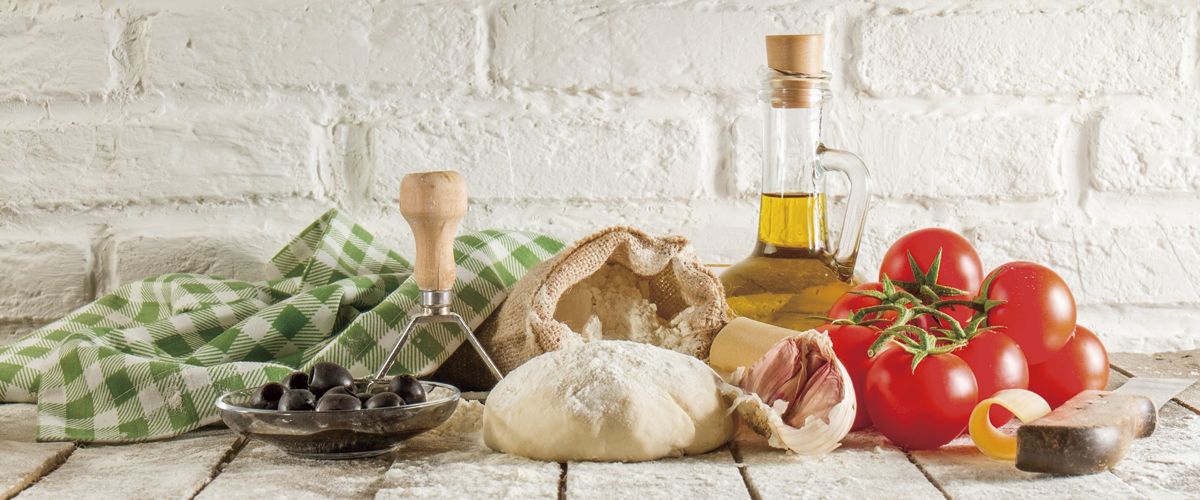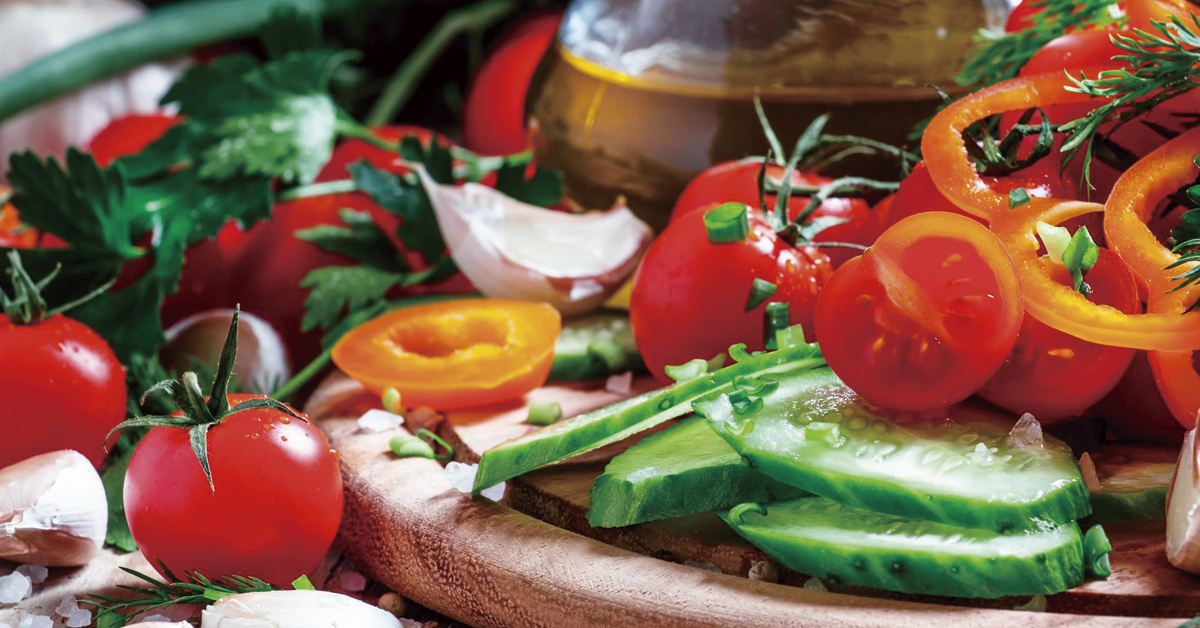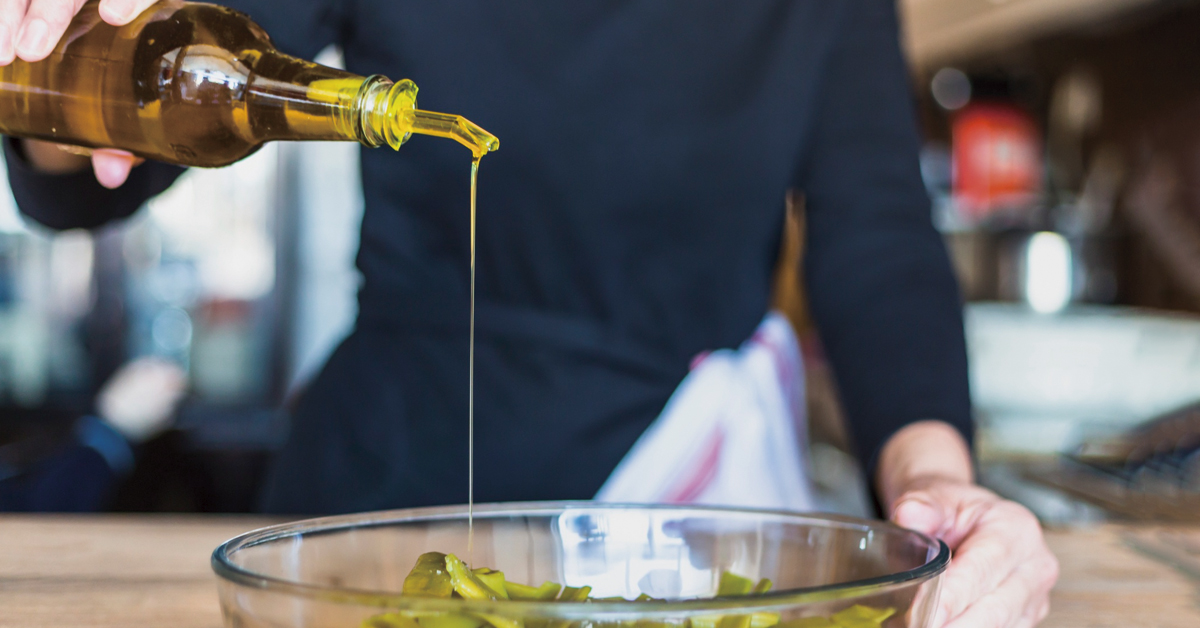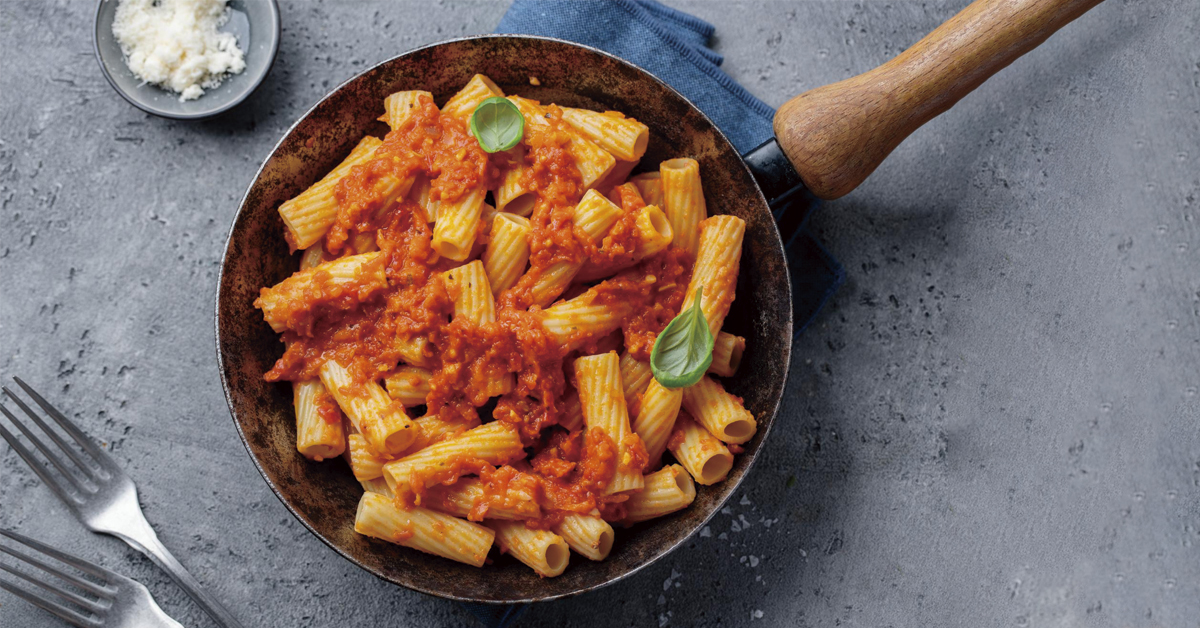Exploring the essential ingredients of Mediterranean cuisine

Mediterranean cuisine is celebrated worldwide for its focus on fresh ingredients, vibrant flavours and healthy benefits.
Renowned for its diversity and rich palette of flavours, this cuisine encompasses traditional ingredients from countries bordering the Mediterranean Sea, including Spain, Italy, Greece, and parts of the Middle East and Africa. North.
Each dish reflects a heritage of flavours that has been carefully cultivated through generations.
Basic ingredients in Mediterranean cuisine

The components of Mediterranean cuisine are as varied as the cultures it represents.
Ingredients such as olive oil, tomatoes, peppers and aubergines are used generously to create dishes that are not only delicious but also nutritious.
Herbs such as rosemary, thyme and basil provide characteristic aromas that define many of the region's dishes. These seasoning and herbs are essential to achieve the authentic flavours of Mediterranean cuisine.
Key ingredients by region
In the varied geography of the Mediterranean, each region brings something unique to the table.
In Italy, ingredients like garlic and basil are ubiquitous, essential for dishes like pesto and caprese; Greece is known for its liberal use of olives and feta cheese, which are mainstays in salads and baked dishes; In North Africa, spices such as cumin and cinnamon are used to give depth to couscous and tagine dishes.
Fats and oils in Mediterranean cuisine

Olive oil is the undisputed star of Mediterranean cuisine. Used for both cooking and dressing, this oil is not only valued for its mild, nutty flavour profile, but also for its extensive health benefits.
Other oils such as avocado and grape seed oil are also used, but none are as central as olive oil.
Common proteins in Mediterranean cuisine
The sources of protein in this cuisine are as diverse as they are healthy.
Fish and seafoods are basic ingredients, reflecting the importance of fishing in Mediterranean coastal cultures. Legumes, such as lentils and chickpeas, are also essential, serving as the base for dishes such as stewed lentils and hummus.
Predominant grains and cereals

Bread and pasta dominate in many parts of the Mediterranean, especially Italy and Greece.
However, grains such as rice and barley are also popular, used in risottos and salads. These cereals are valued not only for their versatility, but also for their ability to absorb the flavours of other ingredients in the dish.
Tips for integrating Mediterranean ingredients into your cooking
Incorporating elements of Mediterranean cuisine into your daily diet can be a delicious way to improve health without sacrificing flavour. Using olive oil as the main fat instead of butter is a simple but effective change.
Experimenting with fresh herbs can transform basic dishes into vibrant, aromatic culinary experiences. Legumes can serve as an excellent base for nutritious and satisfying salads, perfect for any meal.
This journey through the cardinal ingredients of Mediterranean cuisine not only reveals the culinary richness of the region, but also invites us to experiment with these flavours in our own kitchen.
From fragrant oils to fresh herbs and varied proteins, each element offers an opportunity to explore and enjoy the essence of one of the healthiest and most delicious diets in the world.


